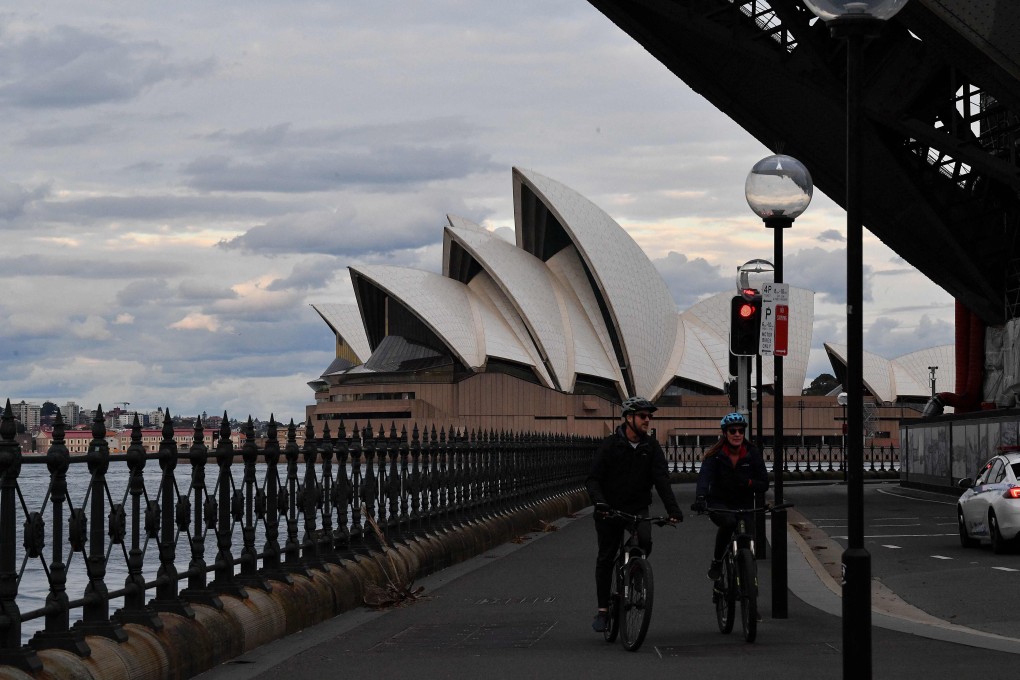Has the Delta variant curbed the effectiveness of lockdowns in ‘zero coronavirus’ economies like Australia and Hong Kong?
- The infectiousness of the mutant coronavirus strain has led some experts to question whether elimination of the disease is no longer possible
- With more than half of Australia’s population in lockdown and cases surging in Vietnam, zero community transmission appears to be a difficult objective

The Delta variant is now challenging the effectiveness of that approach like never before, as outbreaks linked to the mutant strain in three state capitals have some experts deliberating whether elimination is no longer possible – even as more than half of the country’s 25 million people were under lockdown on Tuesday in a bid to curb its spread.
The chance that the variant, which was first identified in India, could be too infectious to wipe out has raised questions about the sustainability of “zero Covid” strategies across the Asia-Pacific.
Believed to be about twice as transmissible as the original strain identified in Wuhan, China, the Delta variant has fuelled a surge in infections across the region, with countries including Indonesia, Malaysia and Thailand reporting record deaths.